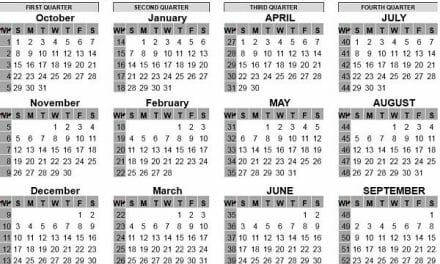
It is more than just another public holiday, it is the cornerstone of the economy
“We join our efforts with those of the international community to ensure that the rights of women and men, girls and boys everywhere are respected. We are committed to action in the world of work to respond to the call for Our Rights. Our Freedoms. Always.”
These meaningful words of the Director General of the International Labour Organisation, Guy Ryder, draws the connection between human rights and the right to work. When one considers the political and philosophical background of the worldwide struggle to get human rights defined, then agreed to, and finally enshrined in legislation so that they are enforceable, the tendency is often to overlook the underpinning link to the economy.
I do not know if the decision to commemorate 10 December as international Human Rights Day is a coincidence or intentional but in my mind the Old Location uprising in Windhoek on the evening of 10 December 1959, provides a fitting anchor event upon which to base the commemoration of Human Rights Day. Up to that event, it was mostly sentimental with only a handful of enlightened individuals, from either side of the dividing fence fighting for a normalised society. But the execution of the grand apartheid scheme to relocate the residents of the Old Location, today Hochland Park and vicinity, provided the proverbial spark that culminated in the shooting and killing of residents on that fateful 10 December eve in 1959.
By the next morning, the history of Namibia had inexorably taken a dramatic turn when the scattered residents woke up to the fact that they will have to move to Katutura, or be moved. According to Namibia 1on1.com, it was some time after this event that a meeting took place between Herero Chief Hosea Kutako and Sam Nujoma, the former mandating the latter to take the issue of Namibia’s independence to the United Nations. It is also seen by many as the precursor to the armed struggle which officially only started in 1966.
However, it was still another ten years before the then white leadership, in 1976 under the rebellious leader, Dirk Mudge, mustered the courage to start open dialogue between the white rulers and the black majority. The rest, as they say, is history, but for any of the younger generation who are thin on the facts, Mudge’s account of these early reverberations provides an insightful eye witness report.
Today we live in a society where human rights are taken for granted. We do not question the moral base on which they rest, and we forget that a prosperous and functional economy makes it so much easier to guarantee their protection. Enshrined in the Constitution, we believe they are unshakeable and will always be protected by law.
This may be so, but human rights are a practical issue as well. It is of no use to tell the unemployed they need not worry, their rights are protected, when they do not have the means to provide food for their families. This is where I fully agree with the ILO. When we take human rights serious, more than just a statement on paper, or the right of a criminal to a fair hearing, then the first step is to work for job creation.
And this is where the management of the economy becomes crucial. A robust and vibrant economy is the safeguard for all human rights. If we ensure that the economy can absorb its available labour force, we are on a good footing to ensure that all the other rights we deem human, can be protected.
As a comparison, I look at events in the American economy over the past six years. When unemployment was hovering between 12% and 16% depending on the measurement applied, human rights, existence and sustenance became major issues for the ordinary American. Now that unemployment is down to around 5%, for all practical purposes full employment, the focus has shifted to incomes, quality of life, the cost of education and of course, state welfare.
When I look at our own conditions and I hear, too often for comfort, of the incredible infringement of human rights through gender violence for instance, I have to admit that it can be different, if only we can guarantee an income to every household. This is not an attempt to exonerate the perpetrators of violence, it is a reminder that societal violence is drastically reduced when otherwise destitute people are gainfully employed.
So whether you actively celebrate human rights on Human Rights Day, or just stay at home and chill, take a minute to ponder the pervasive role of the economy to make sure these rights are more than just noble undertakings, or ivory tower definitions.










































